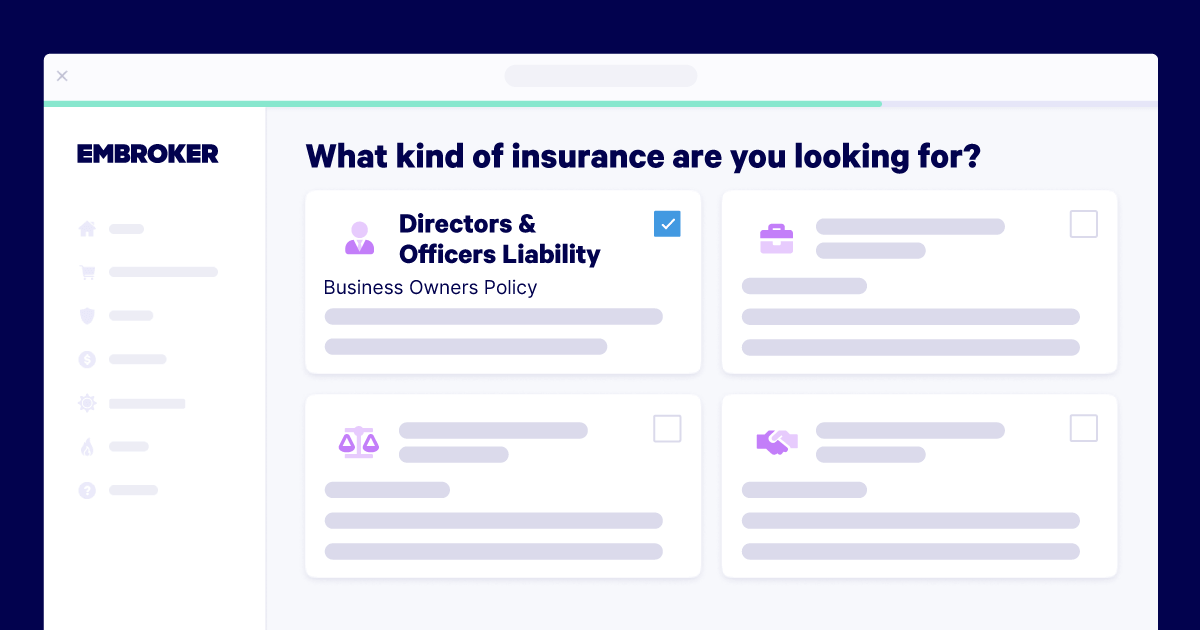Does reflecting on the past feel like a waste of time for your small business? Are you “done” with last year and ready to get started with new initiatives and opportunities this year?
Our professional opinion is that the ROI on reflection is immeasurable. The exact thing you think is impeding your forward progress will boost your future success. This article outlines the most beneficial areas of reflection before setting your new goals and initiatives.
Planning for Prosperity
The year is coming to a close, and small business owners should engage in a comprehensive reflection on the past year to inform strategies for the upcoming year. Our small business CPAs put together a list of key areas of reflection that will boost your business health and personal well-being in the new year.
First, the not-so-common areas
While many small business owners focus on financials, goals, and operations during their year-end reflections, it’s important to also consider some not-so-obvious personal aspects. These aspects can impact the owner’s well-being and, subsequently, the success of the business. Here are some less-obvious personal aspects to reflect on at year-end:
-
Work-Life Balance: Reflect on how well you balanced work and personal life throughout the year. Evaluate whether you took sufficient breaks and vacations to avoid burnout. Consider adjustments to ensure a healthier work-life balance in the upcoming year.
-
Stress Management: Assess how you handled stress and pressure during the year. Identify effective stress-management techniques and determine if new strategies are needed. Consider implementing movement, mindfulness, or relaxation practices to better manage stress.
-
Personal Development: Reflect on your personal and professional growth during the year. Assess your progress on the personal development goals you set, which may have included training, workshops, or mentorship. Then consider the skills or knowledge areas you would like to develop further.
-
Health and Well-being: Evaluate your physical and mental health throughout the year. Consider lifestyle factors such as exercise, diet, and sleep. Set health and well-being goals for the next year, focusing on maintaining a healthy lifestyle.
-
Passion and Fulfillment: Reflect on whether you still feel passionate and fulfilled in your role. Assess whether your business aligns with your values and long-term goals. Consider adjustments or pivots if you find yourself feeling unfulfilled.
- Hobbies and Personal Interests: Consider whether you made time for hobbies and personal interests. Reflect on the importance of maintaining a life outside of work for overall well-being. Plan to incorporate more leisure activities into your schedule in the upcoming year.
-
Delegation and Leadership: Evaluate how well you delegated tasks and responsibilities to your team. Reflect on your leadership style and its impact on team dynamics. Consider professional development opportunities to enhance leadership skills or make a list of tasks that could either be automated or delegated.
Now, for the more business-centric areas
Small business owners should also focus on financials, goals, and operations during their year-end reflections in order to gain valuable insights, learn from experiences, and set the stage for a more successful and resilient business in the coming year. The following areas will provide valuable information.
-
Financial Performance: Review financial statements for the year, including the Profit and Loss Statement, Balance Sheet, and Cash Flow Statement. Analyze revenue and expenses, identifying trends and areas for improvement. Assess the business’s overall financial health and liquidity.
- Goal Achievement: Evaluate the extent to which business goals and objectives set at the beginning of the year were achieved. Identify reasons for any shortfalls and acknowledge successes. Use these insights to set realistic and achievable goals for the next year.
-
Customer Satisfaction: Collect and analyze customer feedback to gauge satisfaction levels. Identify areas where customer experience can be improved. Consider implementing strategies to enhance customer retention and loyalty.
-
Operational Efficiency: Review internal processes and workflows to identify inefficiencies. Explore opportunities to streamline operations, reduce costs, and improve overall efficiency. Consider investing in technology or training to enhance productivity.
-
Employee Performance and Engagement: Assess employee performance, recognizing achievements and addressing any performance issues. Evaluate employee satisfaction and engagement levels. Consider professional development opportunities and initiatives to boost morale.
-
Marketing and Sales Effectiveness: Analyze the performance of marketing and advertising efforts. Assess the effectiveness of sales strategies and customer acquisition channels. Consider adjustments to marketing and sales plans based on performance data.
-
Strategic Planning: Revisit the business’s long-term strategic plan and assess its alignment with current market conditions. Identify new opportunities and potential areas for expansion. Develop a strategic roadmap for the upcoming year.
Who’s your ACCOUNTability Partner?
This reflective process is an essential part of continuous improvement and strategic planning, but it is not always easy to set aside time or complete this process alone. Don’t let not having a leadership team or partner in your business stop you from reflecting on the past year. Small business owners and solopreneurs often rely on their CPA or accounting team to facilitate this conversation and offer expert perspectives.
Need an expert-level small business CPA you can actually talk to? Our team at Dillon Business Advisors initiates and facilitates these types of conversations with our small business clients throughout the year. Our small business CPA firm implements a Team of 3 accounting, tax, and advisory professionals in small businesses to help busy owners create, grow, and sustain successful businesses that positively impact their communities.
At Dillon Business Advisors, we work with owners just like you. Let’s schedule a call to start planning for your future.
Publisher: Source link











